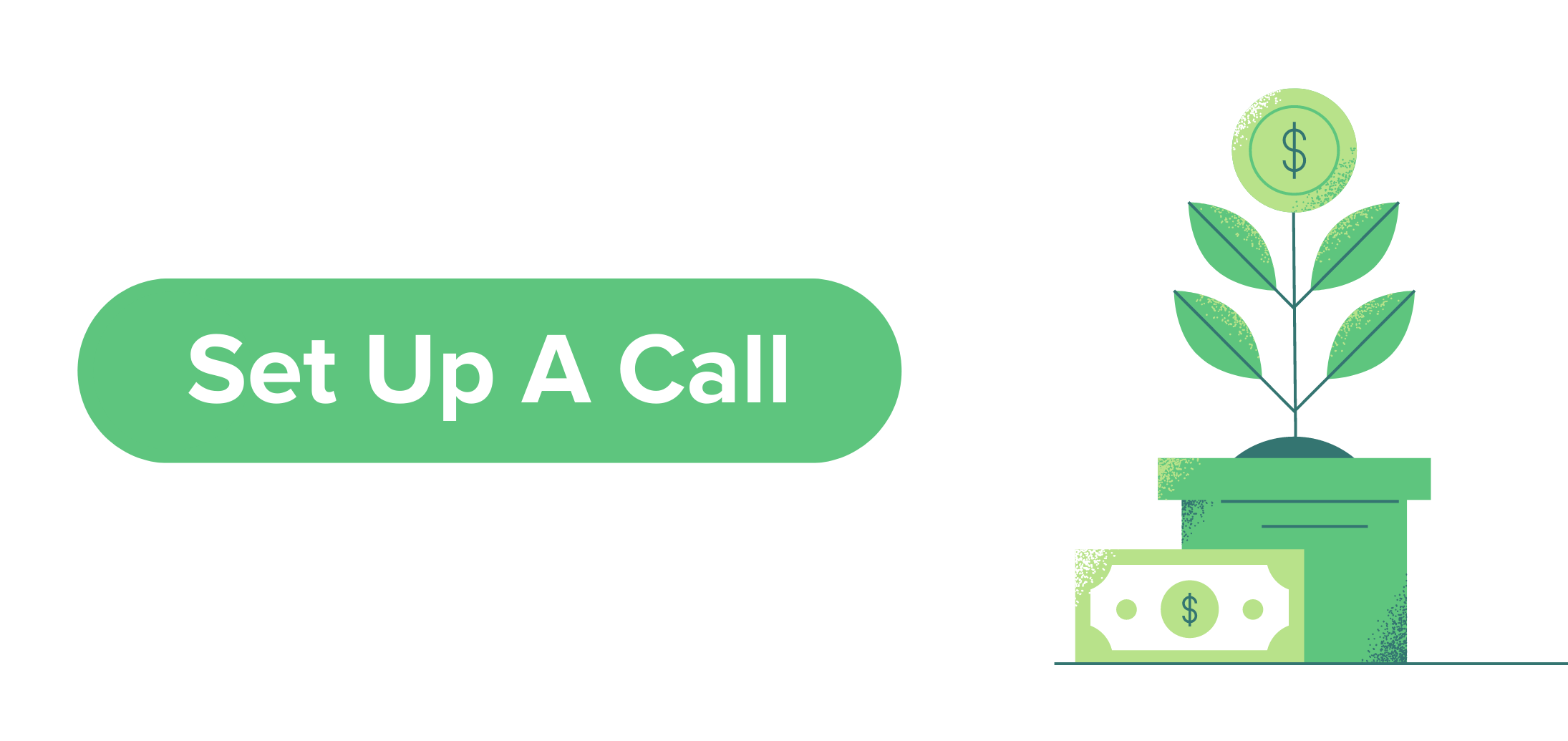In our digital-first reality, marketing strategies continue to evolve — especially strategies involving events. Before 2020, 61% of marketers believed that in-person events were the most critical marketing channel — a 20% increase from 2018. But now, a whopping 93% of event marketers plan to include virtual events in their strategies moving forward.
2020 has taught us all that marketers need to diversify their marketing strategies rather than keeping all their eggs in one basket. After all, many of the same business goals that marketers set out to achieve through events can also be achieved through content marketing.
(P.S. If you need resources for taking your own event virtual, check out the  .)
.)
Think we’ve lost it? Even before the pandemic sent us all home in March 2020, we had already removed events as a primary component of our marketing strategy. Check out the case study we wrote about the 47% increase we saw in marketing-generated revenue after we reallocated our event spend to content marketing in 2018.
To illustrate how content marketing efforts can work toward your goals — and fit within your in-person events budget — we've outlined an example content strategy below. Whether your strategy centered on sending sales reps, hosting a booth, or sponsoring an event, here are the content marketing tactics you could implement for the same budget as your in-person events strategy:

Ready to meet with a content marketing expert to discuss how you can reallocate your marketing spend to a content-focused approach? Click below to set up a call!










